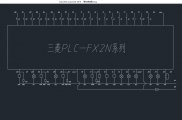1T电液锤控制系统的开发设计(三菱PLC)(含CAD图)(论文说明书18000字,实习报告,CAD图6张)
摘 要
自由锻锤是利用冲击能量使金属产生塑性变形的锻压设备。由于其具有操作方便、功能性强、结构简单、造价低廉、打击能量大等特点,目前仍是我国锻造行业中锻件生产的主要加工设备。以前的蒸汽—空气锤逐渐被结构紧凑、重量轻、造价低、高效率、节能环保的电液锤所取代。随着制造业进程的飞速发展,电液锤技术也取得了很大的进步。本次毕业设计是对1T电液锤的控制系统进行设计,主要运用的是可编程序控制器(PLC),它是以微处理器为基础,综合多种技术发展而来的一种新型工业控制装置,它维护简易,操作方便,因此用它作为电液锤控制系统的主控制器是最好的选择。根据控制需求,本次课题确定以三菱PLC为主控单元对控制系统进行设计,分别对系统进行了硬件设计和软件设计,其中包括流程图,梯形图,接线图。除此之外,还对电液锤做了一些可靠性设计,主要通过改变连接方式和使用特定的硬件方式使得控制系统的准确性和安全性得到较大的改善。
关键词:电液锤 PLC 控制系统设计 可靠性设计
The design of 1T forging electro-hydraulic hammer control system
Abstract
The forging hammer is causes the metal using the impact energy to produce the plastic deformation forging and stamping equipment. Because it has the ease of operation, the functionality strongly, the structure simple, the construction costinexpensive, the attack energy big and so on the characteristics, at present still forged the main processing equipment for our country which in the profession the forging produced. The former steam - air hammers is gradually replaced by the electro-hydraulic hammer which is compact, light weight, low cost, high efficiency, energy saving. With the rapid development of the manufacturing process, the electro-hydraulic hammer technology has also made great progress. The graduation project is the designing the 1T electro-hydraulic hammer control system, which contains the programmable logic controller (PLC). It is based on microprocessor, integrated a variety of techniques, developed from a new industrial control device. It is easy to maintain and operate, is the best choice to use it as a master controller of the electro-hydraulic hammer control system. According to control requirements, this issue’s main control unit is Mitsubishi PLC, mainly the hardware and software design, including a flow chart, ladder diagram, wiring diagram. In addition, we also do some reliability designing, mainly through changing connection styles and using specific hardware to improve the accuracy and security of the control system.
Key words:Electro-hydraulic hammer;PLC;Control system design;The reliability design
2.1.1 设计的基本原则和内容
一、PLC控制系统设计的基本原则
1、最大限度地满足被控对象的控制要求;
2、保证控制系统的高可靠、安全;
3、满足上面条件的前提下,力求使控制系统简单、经济、实用和维修方便;
4、选择PLC时,要考虑生产和工艺改进所需的余量。
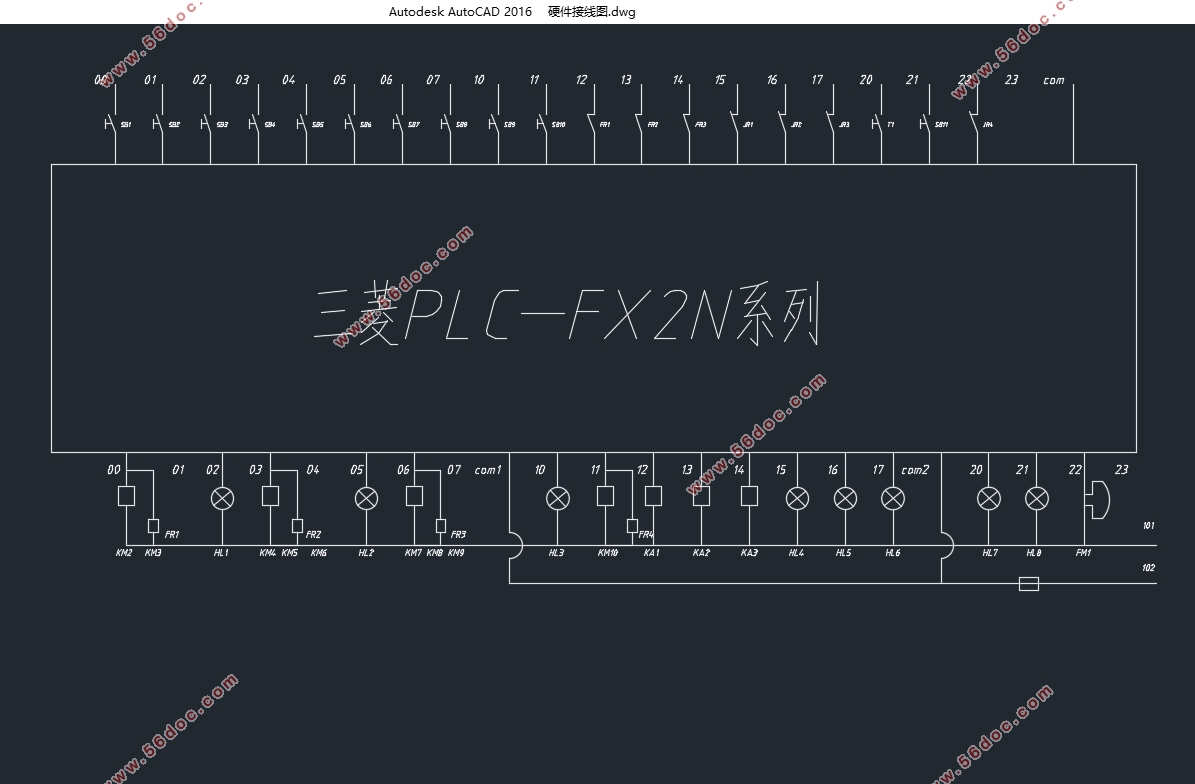
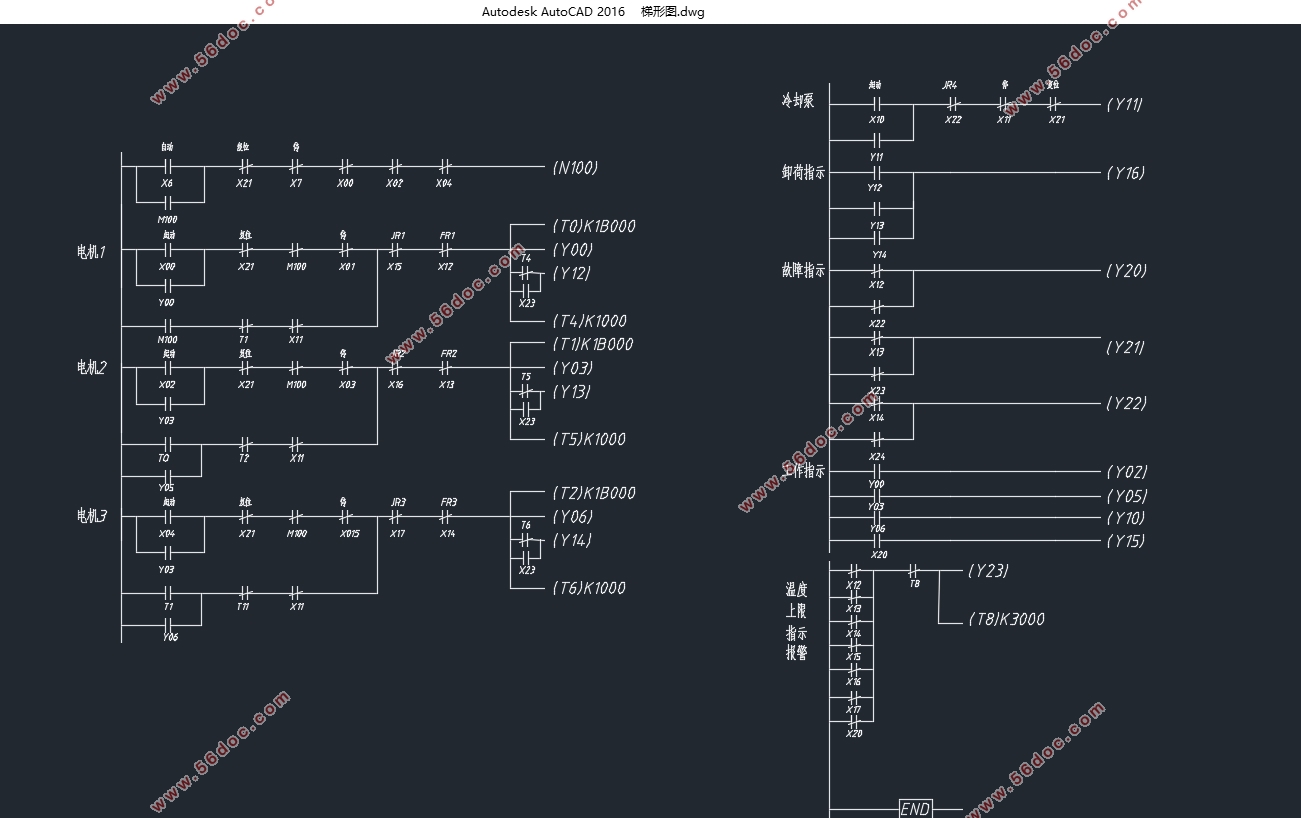
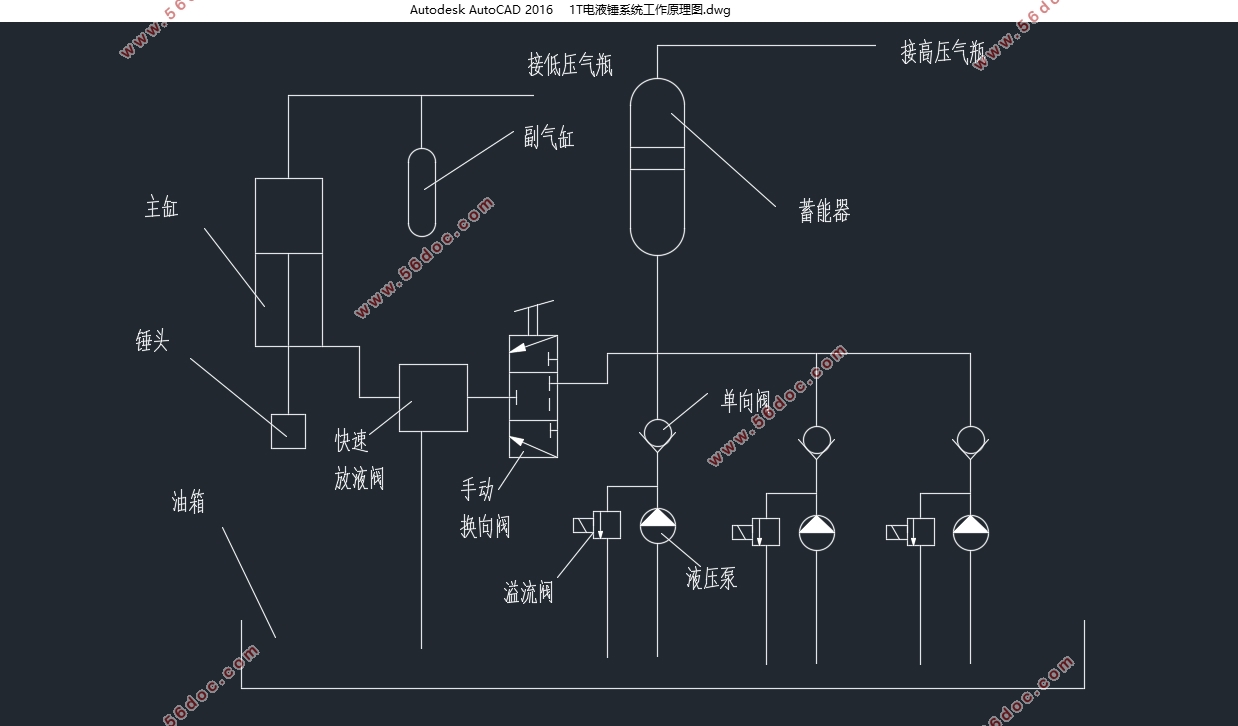
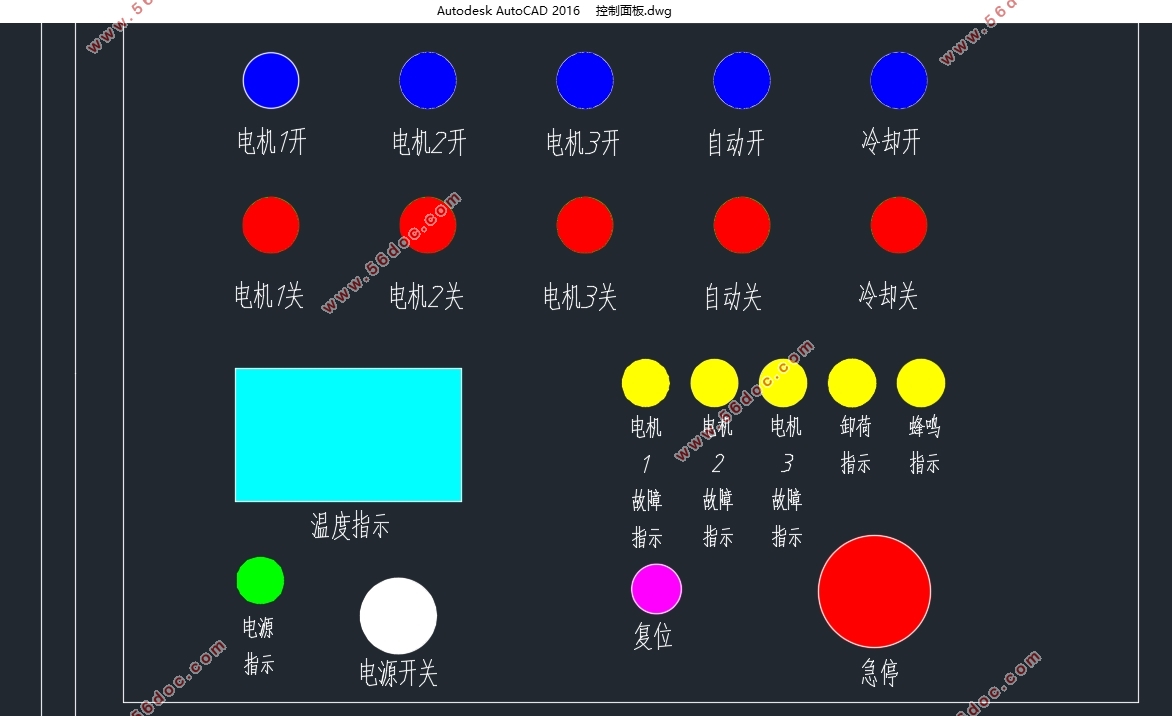
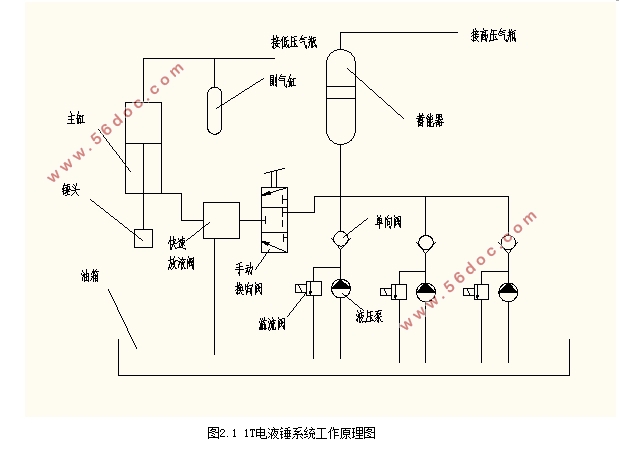
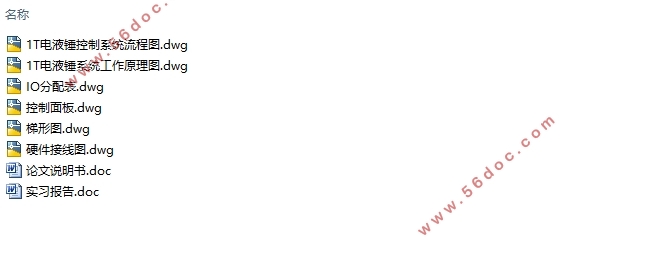
目 录
摘 要 I
ABSTRACT II
目 录 III
第一章 绪论 1
1.1 1T电液锤概述 1
1.1.1 电液锤简介 1
1.1.2 电液锤的发展现状和趋势 2
1.2 可编程控制器(PLC)概述 3
1.2.1可编程控制器简介 3
1.2.2可编程控制器发展历史和趋势 6
1.3 设计的主要内容 7
第二章 1T电液锤控制系统设计 8
2.1 PLC控制系统设计概要 8
2.1.1 设计的基本原则和内容 8
2.1.2 设计的步骤和实现过程 8
2.2 1T电液锤控制系统的硬件设计 10
2.2.1 1T电液锤工作系统和控制要求 10
2.2.2 PLC的选型 11
2.2.3 I/O配置表 13
2.2.4 PLC的外部接线图 14
2.2.5 PLC的操作面板图 15
2.3 1T电液锤控制系统的软件设计 16
2.3.1 1T电液锤控制系统流程图 16
2.3.2 1T电液锤控制系统梯形图 17
第三章 PLC控制系统的可靠性设计 21
3.1影响PLC控制系统可靠性的因素 21
3.2提高PLC控制系统可靠性的硬件措施 22
3.3 提高PLC控制系统可靠性的软件措施 23
3.4 可靠性设计总结 24
第四章 1T液锤系统的使用与维护 24
4.1 1T电液锤系统的使用 24
4.2 1T电液锤系统的维护 25
结语 28
参考文献 29
致 谢 31
|
